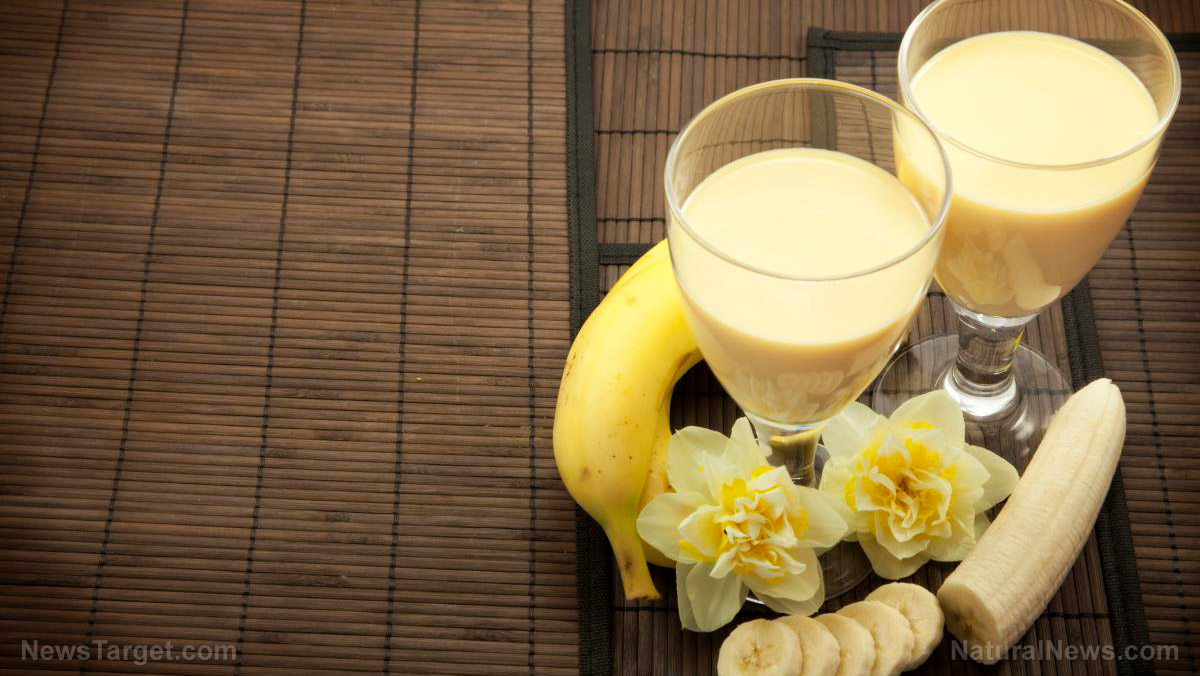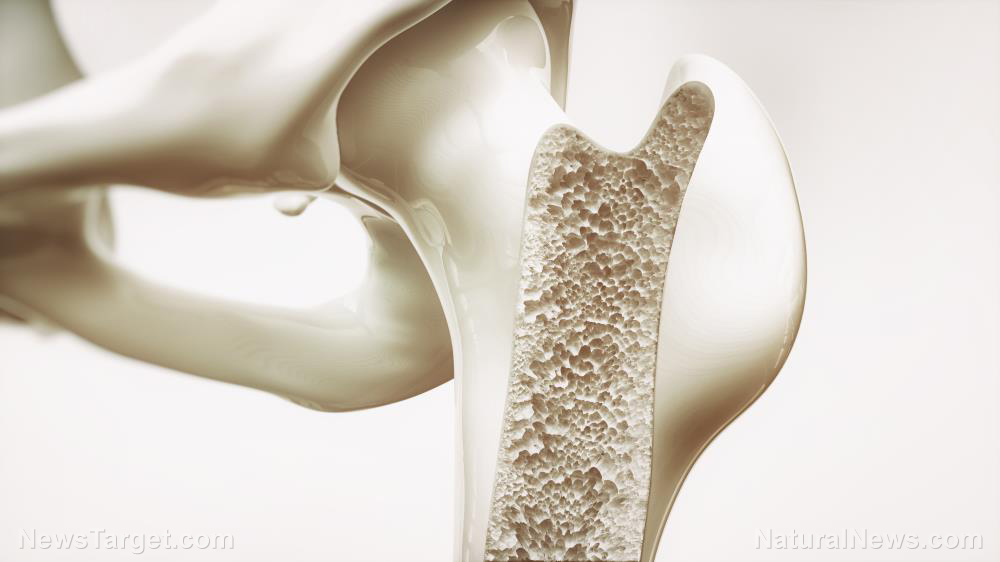
What are electrolytes?
"Electrolyte" is the umbrella term for particles that carry a positive or negative electric charge.
Electrolytes also refer to essential minerals found in your blood, sweat, and urine that the human body needs for proper cell functioning. As these minerals dissolve in a fluid, they form electrolytes -- positive or negative ions that can be used in metabolic processes.
There are various electrolytes found in your body, such as:
- Bicarbonate
- Calcium
- Chloride
- Magnesium
- Phosphate
- Potassium
- Sodium
You need these electrolytes for different bodily processes, like staying hydrated, maintaining acid-base balance, and proper nerve and muscle function. Every day you lose electrolytes when you sweat, urinate, vomit, or do anything that expels bodily fluids, like when you have diarrhea.
To stay hydrated, consume these fruits and vegetables, which are rich in electrolytes.
- Almond butter or peanut butter – These kinds of butter contain sodium. Almond butter and peanut butter also contain protein and healthy fats. While these foods contain electrolytes, they should be consumed in moderation due to their fat content.
- Bananas – Bananas are full of potassium, and they contain 23 percent of the Daily Value (DV). Potassium regulates heart function and lowers your risk of suffering from a stroke. Bananas also contain other minerals like magnesium (15 percent DV), phosphorus (five percent DV), and calcium (one percent DV).
- Beet greens – A 144-gram serving of cooked beet greens (the taproot of beets) provides potassium (37 percent DV), magnesium (24 percent DV), calcium (16 percent DV), sodium (14 percent DV), and phosphorus (six percent DV).
- Bok choy (Pak choi) – A 170-gram serving of bok choy has potassium (19 percent DV), calcium (15 percent DV), magnesium (five percent DV), phosphorus (five percent DV), and sodium (two percent DV).
- Butterhead lettuce – Butterhead lettuce has a high water content. It also contains potassium (four percent DV), calcium (two percent DV), magnesium (two percent DV), and phosphorus (two percent DV).
- Butternut squash – A 205-gram serving of butternut squash has sodium (21 percent DV), potassium (16 percent DV), magnesium (14 percent DV), calcium (eight percent DV), and phosphorus (six percent DV).
- Celery – Raw celery contains beneficial antioxidants and minerals. A medium stalk (40 grams) of raw celery has potassium (three percent DV), calcium (two percent DV), magnesium (one percent DV), phosphorus (one percent DV), and sodium (one percent DV).
- Coconut water – Coconut water is infused with natural salts, such as magnesium and potassium. It is also the best source of electrolytes to prevent dehydration. (Related: Dehydration is linked to physical impairment and cognitive decline: Study.)
- Dill pickles – A 135-gram serving of dill pickles contains sodium (46 percent DV), calcium (eight percent DV), potassium (four percent DV), magnesium (three percent DV), and phosphorus (three percent DV).
- Milk – A cup of whole milk has calcium (29 percent DV), phosphorus (25 percent DV), potassium (10 percent DV), magnesium (seven percent DV), and sodium (five percent DV).
- Mushrooms – Cooked, white button mushrooms are nutritious. They also contain sodium (16 percent DV), potassium (16 percent DV), and phosphorus (14 percent DV).
- Nuts – Nuts, such as almonds, are full of electrolytes like magnesium (64 percent DV), calcium (25 percent DV), potassium (19 percent DV), and sodium (one percent DV). Nuts also contain folate and good fats.
- Scallops – Seafood like bay and sea scallops are rich in both phosphorus (37 percent DV) and sodium (24 percent DV). Scallops also contain other minerals like magnesium (eight percent DV), potassium (eight percent DV), and calcium (one percent DV).
- Soy milk – A cup of unsweetened, organic soy milk is a good dairy substitute. Soy milk also has calcium (29 percent DV), phosphorus (24 percent DV), magnesium (seven percent DV), potassium (seven percent DV), and sodium (seven percent DV).
- Spinach – Leafy greens like spinach are full of the major electrolytes: magnesium (40 percent DV), calcium (25 percent DV), potassium (23 percent DV), phosphorus (11 percent DV), and sodium (five percent DV). Magnesium helps regulate blood sugar levels and blood pressure. It also plays a role in energy metabolism and protein synthesis.
- Swiss chard – Cooked Swiss chard contains 39 percent of the DV for magnesium. It also contains potassium (28 percent DV), sodium (12 percent DV), calcium (11 percent DV), and phosphorus (five percent DV).
- Swiss cheese – A 28-gram serving of Swiss cheese has calcium (27 percent DV), phosphorus (17 percent DV), sodium (12 percent DV), magnesium (three percent DV), and potassium (one percent DV).
- Yogurt – Yogurt contains 49 percent of the DV for calcium. Calcium is essential for bone health and in hormone and enzyme secretion. Yogurt also contains other electrolytes such as phosphorus (39 percent DV), potassium (17 percent DV), magnesium (12 percent DV), and sodium (seven percent DV).
- Watercress – Watercress is an aquatic plant species that contains calcium (four percent DV) and potassium (three percent DV). The plant also contains magnesium (two percent DV), phosphorus (two percent DV), and sodium (one percent DV).
- Yeast extract spread – A six-gram serving of yeast extract spreads like Marmite has sodium (eight percent DV), potassium (four percent DV), magnesium (three percent DV), and phosphorus (one percent DV).
To boost your electrolyte levels, add these nutrient-rich foods to your diet. This can help prevent electrolyte deficiency, which can result in muscle malfunctioning, twitching, weakness, or seizures in severe cases.
Electrolyte imbalance can also cause conditions like hypercalcemia (excess calcium), which can result in the formation of kidney stones or kidney failure in severe cases. Severe hypercalcemia may also cause dementia since high calcium levels can negatively affect the functioning of the nervous system.
Before you increase your intake of foods rich in electrolytes, consult a physician to determined the best levels for your health condition.
Stay hydrated and follow a healthy diet full of electrolyte-rich foods to maintain your overall physical and mental well-being.
Sources include:
Please contact us for more information.






















